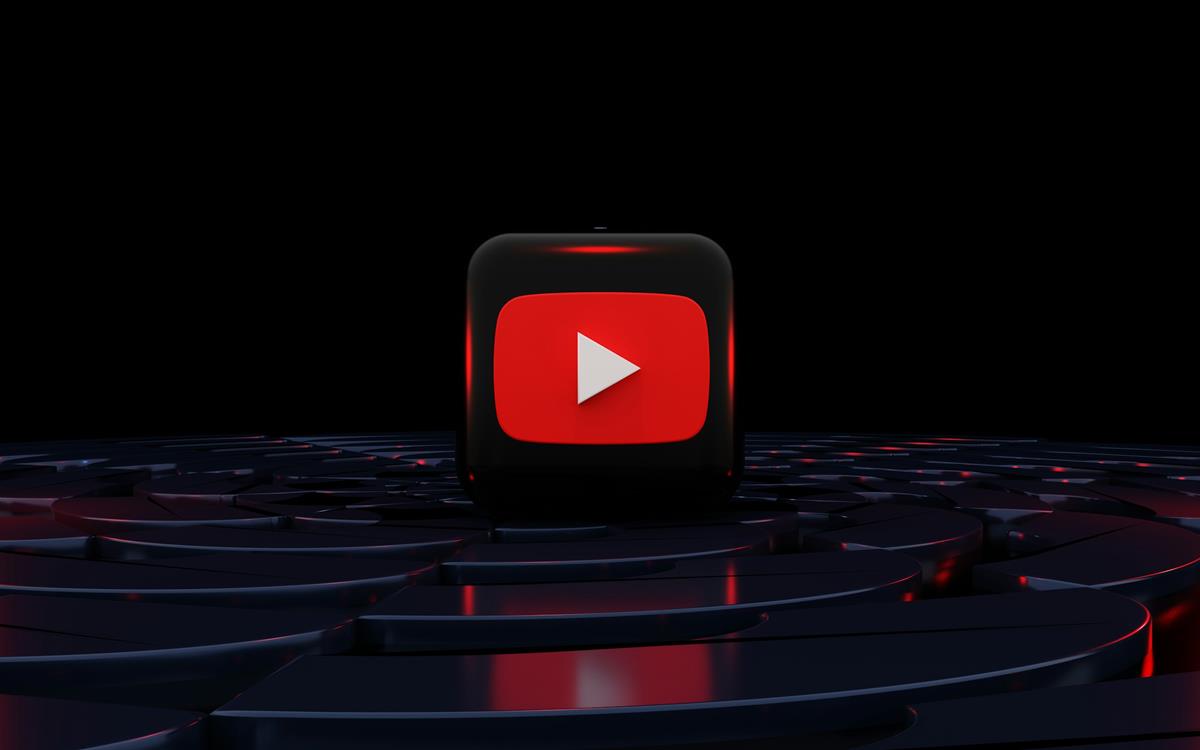- cross-posted to:
- [email protected]
- cross-posted to:
- [email protected]
Mashable reports that users ran into a black screen on YouTube, and that it stayed for about 6 seconds before the video began playing. The reports indicate it affected several browsers including Firefox, Edge, Vivaldi.
Some users joked that they would rather see a black screen than an ad. While that’s certainly a better experience, it does waste precious seconds of our time. A simple workaround for the black screen on YouTube is to just refresh the page, hit F5 as soon as the page starts loading. uBlock Origin’s filters were updated with a patch to resolve the problem, the add-on updates its filters automatically. If you are still experiencing the black screen issue, just open the extension’s dashboard and manually update the filters. This tug-of-war is getting annoying, but it appears to me that Google’s efforts are actively promoting the use of ad blockers, instead of attracting new subscribers.



I think you’re giving companies too much credit. Freakonomics did a series called “Does Advertising Actually Work?” and the tl;dr was ¯\_(ツ)_/¯
https://freakonomics.com/podcast/does-advertising-actually-work-part-1-tv-ep-440/
https://freakonomics.com/podcast/does-advertising-actually-work-part-2-digital-ep-441/
What I’ve found is that advertising only works if I already wanted that product. That advertisement doesn’t have to be these huge ad campaigns that they currently do. It could be as simple as showing a still image of a twix bar, and saying “Hey! Go buy a twix!” Yeah, ok.
But if I wasn’t already planning on buying that product? Well that ad time may as well have been some archival footage showing the inside of a 1940s concentration camp in use.
That is to say, both are things that you find offensive to have to be watching, and neither are going to entice you to buy the product.
munches on a twix bar
…what?
The main purpose of ads isn’t to sell you a specific product immediately, their real purpose is to expose you to their brand to make the brand more familiar (and therefore more trustworthy) to you.
For example, recently, I needed a new insurance. So of course I went to the websites of the 5 insurance companies that I knew from advertising and compared their offers. Then I went to a comparison portal, which again I knew from the ads. The best offer was from a brand I didn’t know so I went with the second one which was from a well known brand. I trusted the second offer more, simply because the brand felt more familiar to me.
Here’s another story: there is this big online clothing store. I always hated their ads, they were really annoying, and at that time I didn’t understand why anyone would buy clothes online. So guess where I went, 5 years later, after a disappointing offline shopping tour, in desparate need for new clothes?
Beat me to this.
Advertisers tend to be strongly opposed to measuring advertising effectiveness, because if they’re not effective, then they’re out of a job.
deleted by creator
i think human psychology is too nebulous and qualitative with way too many factors to definitively “measure” how effective ads are. all they really know is (most of the time) buy ads, revenue goes up.
but there’s a reason your personal data is so coveted by advertisers. if they can parse that you’re an avid hiker from the millions of data points they collect from you (websites visited, geolocation data, other purchases, etc), then they can sell ads for $400 hiking boots specifically for you, that people who never leave their couch and order delivery from hungry howies every day would just ignore
I suspect that’s why Facebook makes so much money, they have a lot of information on you like that.
In a weird way, this is actually quite handy, as you get ads for things that are actually relevant to you.
dude, ads are bullshit. you should never buy anything based on the seller’s ads. and i used to say a good way to research products was go to the niche subreddit, or even amazon reviews, but those are so full of bullshit shills anymore it’s hard to know.